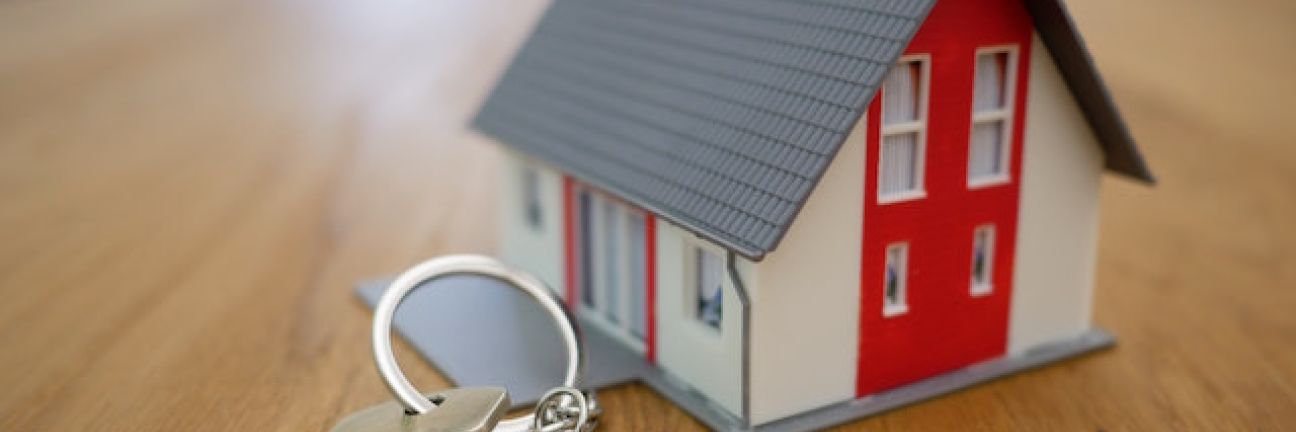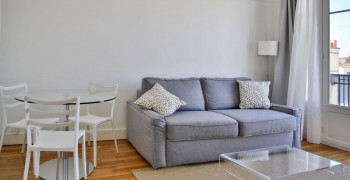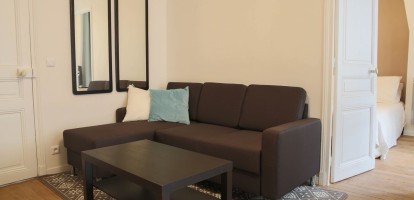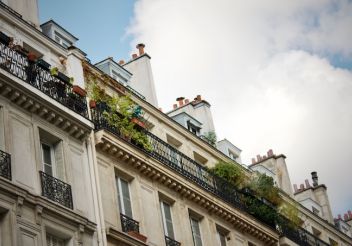Buying property in Paris offers an exciting opportunity to own a piece of its rich history and culture. However, the process can be daunting, especially when faced with unfamiliar legal procedures and complex French terminology. A key figure in the property sale process is the notary, who ensures the transaction runs smoothly, safely, and legally. Therefore, it is essential to understand the role of the notaire if you want to make a smooth transition.
What is a notaire?
A notaire in France is a public official with specific legal powers, akin to a notary public in other countries. However, their responsibilities extend beyond mere notarization. A notaire is authorized to:
- Validate deeds, acts, and contracts.
- Archive legal documents and deliver official copies.
- Register companies and facilitate the buying and selling of businesses.
- Draft leases and act as an impartial arbitrator in private disputes.
Unlike some notaries elsewhere, French notaires charge fees for their services, which the state regulates. These fees are agreed upon before engaging in business. Additionally, notaires must adhere to strict professional confidentiality.
The Notaire’s Role in French Real Estate Transactions
When buying property in France, working with a notaire is not optional but a legal requirement. They are the only public officials authorized to prepare the final deed (acte de vente) for property transactions.
The acte de vente (final deed) is the official document that completes a property sale in France. It is prepared and validated by a notaire and serves as the legal proof of ownership transfer from the seller to the buyer. During the signing, the notaire reviews the deed in detail with all parties, ensures payment is made, and oversees the handover of keys. Once signed, the acte de vente is registered with the land registry, finalizing the transaction.
Engaging a Notaire Early
Some buyers choose to involve a notaire early in their property search, seeking advice on property valuation or legal complexities. For international buyers, it’s recommended to consult additional legal counsel from a lawyer familiar with French real estate law. French notaires may not always be aware of specific restrictions or challenges faced by foreign buyers.
The Notaire’s Responsibilities in Property Transactions
Throughout the transaction, the notaire ensures legal compliance and protects the interests of both parties. Their responsibilities include:
-
Title and Ownership Verification:
-
Property Restrictions:
-
Liens and Mortgages:
On Signing Day
The signing day, known as the acte de vente signing, is a pivotal moment in the property purchase process. The notaire:
- Reads the deed in full to all parties, making adjustments if necessary.
- Accepts payment from the buyer and transfers it to the seller.
- Coordinates the delivery of keys through the real estate agency.
After the Sale
Once the sale is complete, the notaire continues their work:
- Registers the deed with the land registry (bureau des hypothèques).
- Provides certified copies of the deed to all parties.
- Delivers the title to the new owner, usually within two months after signing.
Expert Guidance with Paris Rental
Since 1987, Paris Rental has specialized in connecting expatriates with long-term housing in Paris. Our experienced team offers expert advice on the French property market and can assist in navigating the complexities of buying real estate. If you need a licensed notaire, we’re here to help you find a trusted professional.
These articles may interest you if you plan to buy a property in Paris:
credit photo @Tierra Mallorca
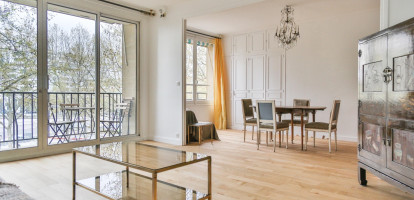


 Français
Français
